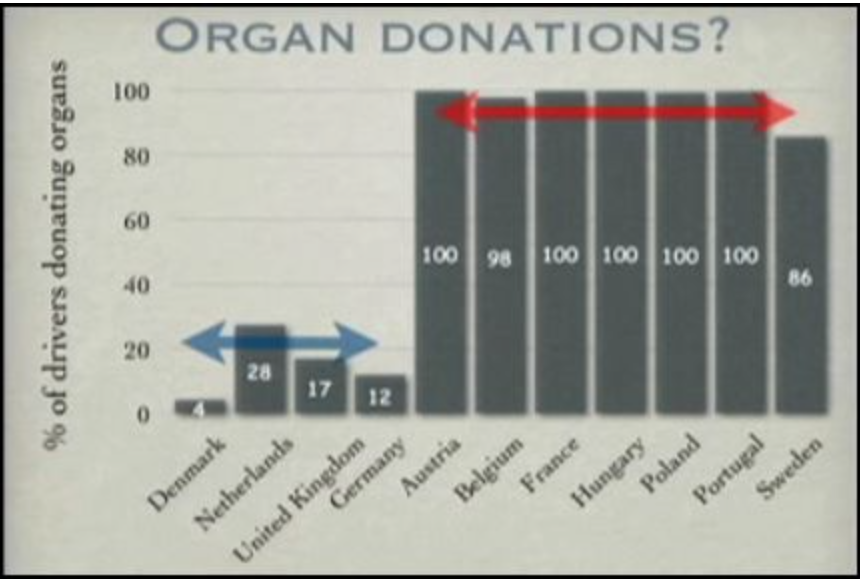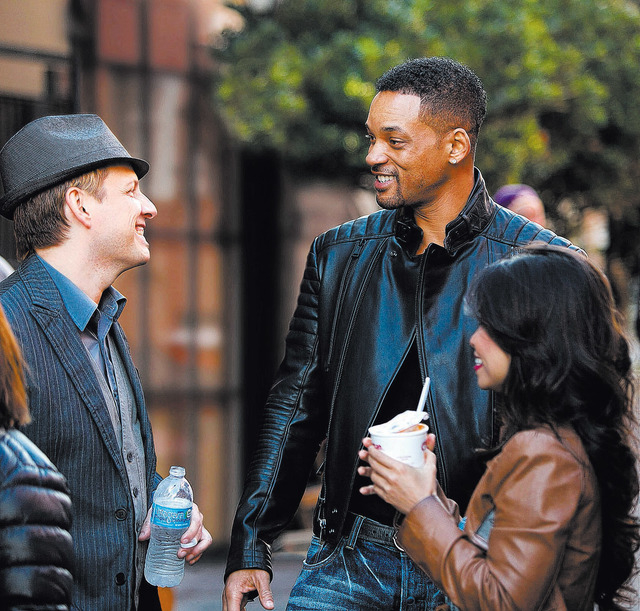What Mentalism, Blue Apron, and The Ikea Effect have in common...
I am a lover of all kinds of magic, from big illusions where David Copperfield makes a sports car appear on stage to close-up sleight-of-hand where David Blaine makes a coin disappear right under your nose. But mentalism has always held me in a strong attraction, there's just something about the psychological illusion of mind-reading someone's most intimate stories that holds me spellbound, especially when they're stories that require a little bit of effort from the audience to recall -> they often end up being a tremendously worthwhile journey for both them and me, when I'm able to tell them what stories they've chosen to remember.
Leave your thoughts of mentalism for a minute, and indulge me while I share a personal anecdote with you. A few months ago, I signed up for Blue Apron. For those of you who don't know about it, Blue Apron is a meal subscription service where they send you all the ingredients of a recipe, and very good instructions for you to cook the dish from scratch. For someone with a busy travel schedule like me, this is very helpful. It saves me from having to decide what dishes to make, as well as saves me the time of grocery-shopping for ingredients. I enjoy the immediacy of the experience, getting to learn different things in the process of cooking a new dish, from beginning to end. The dishes often end up tasting very delicious, to both me, and Apollo, who's my faithful helper in the kitchen. We end up feeling quite amazed not only at Blue Apron's ability to choose tasty recipes, but also our ability to cook such yummy meals. For a while, I even started to think, "was I becoming a better cook, because I was cooking so many delicious things lately..."
It wasn't until the start of summer, when I began going to Ikea for some new outdoor furniture, and began helping Apollo assemble these furniture together, and again, admiring our work in the end -> that I remembered a little experiment on "The Ikea Effect", conducted by Michael Norton from Harvard Business School, Daniel Mochon from Tulane University, and Dan Ariely from Duke University (you can read their conclusions here).
In the experiment, participants were asked to assemble Ikea furniture, fold origami, and build Lego sets. They were asked to rate their products in comparison to experts' created products. The resulted was that the participants often rated their products as high-quality as the experts, and expected others to do so. The term, "Ikea Effect" describes a bias that many of us feel when we overvalue things that we help to partially create, (stemming from the psychological phenomenon of when Ikea buyers fall in love with furniture they've assembled).
Daniel Mochon said in an interview with NPR: "Imagine that, you know, you built a table, maybe it came out a little bit crooked. Probably your wife or your neighbor would see it for what it is, you know? A shoddy piece of workmanship. But to you that table might seem really great, because you're the one who created it. It's the fruit of your labor. And that is really the idea behind the Ikea Effect."
"The fruit of my labor" = the key idea behind my delicious Blue Apron meals and the amazing mind-reading effects of mentalism where the audience has to put in a little bit of their own personal work.
How about you? Is there anything you may over-value because you help to co-create it?












